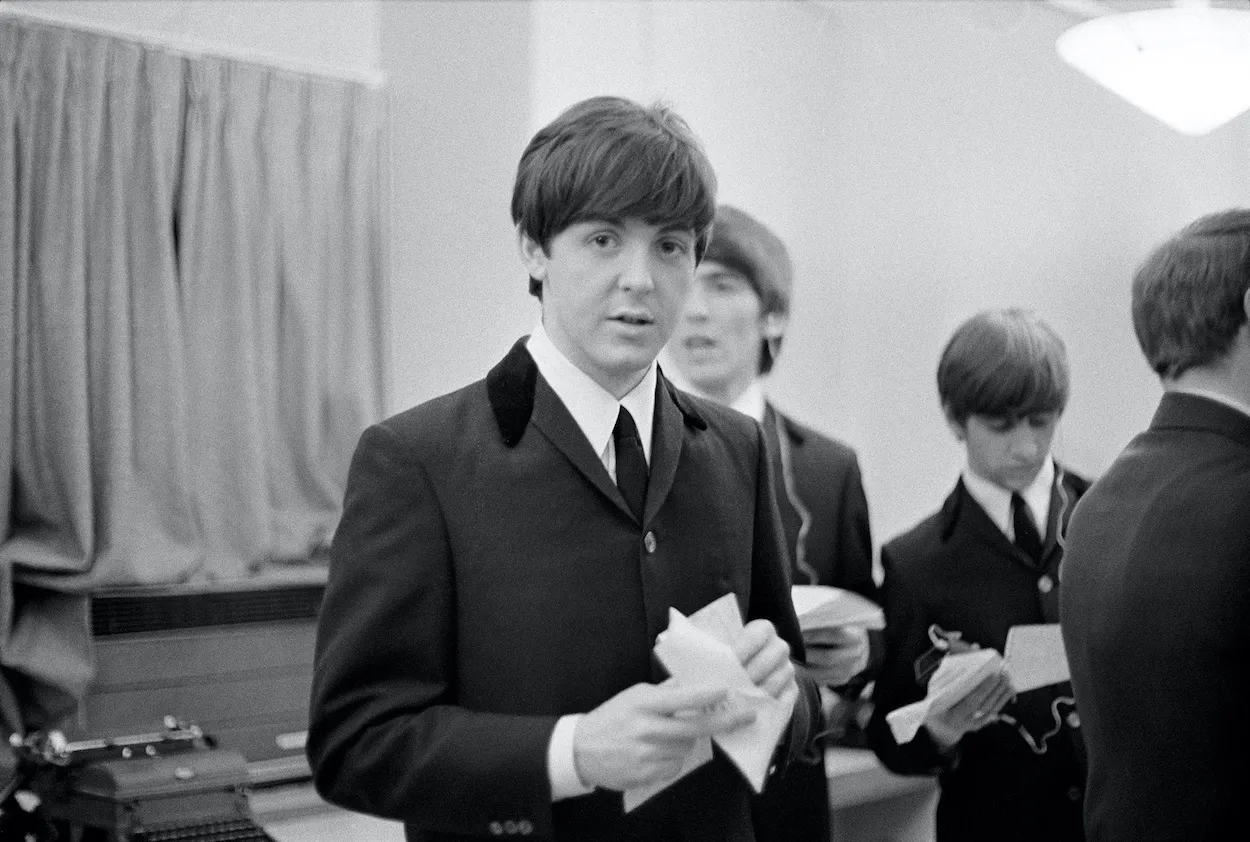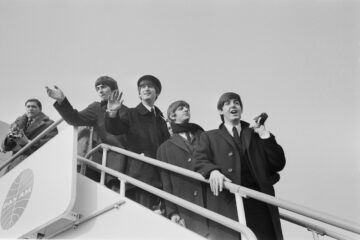Paul McCartney is a certified hitmaker. The Liverpudlian lyricist penned countless all-time greats for The Beatles, at first with his partner-in-songwriting John Lennon and, later on, on his own. Many of his songs have remained in the cultural consciousness for generations now, their gorgeous guitars and enduring words standing the test of time.
From the comforting ‘Hey Jude’ to the melancholic ‘Yesterday’, McCartney’s melodies are ingrained into the minds of many. They’ve secured number one hits and awards in abundance. But what makes his songwriting so powerful? What’s the secret ingredient to creating a hit?
According to the Beatle himself, it’s magic. Now, this explanation may sound a little vague. It may even sound like McCartney is avoiding the question, attributing his success to some intangible and irreplicable element. But it’s exactly this impalpable, flowing energy that makes a song so special, that lifts it above the chords and words within it and pushes it into hit territory.
“The most important ingredient to making a song work is the magic,” McCartney explained to The Repository, “You’ve got a melody, you’ve got words, but on the more successful songs, there’s a sort of magic glow that just happens and you can feel it happening. It just makes the songs sort of roll out.”
Unfortunately, there is no chord sequence you can follow or thesaurus you can purchase to replicate the hit-making potential of the Beatles songwriter. Rather, it requires harnessing and honing the magic of songwriting and embracing the flow and feeling of a track. McCartney explains it with some of his biggest hits, which he believes contained that magical element.
While ‘Yesterday’ and ‘Let It Be’ were born from dreams, ‘Let It Be’ had that quality of just rolling out. “The ones that have become the most successful,” he explained, “‘Eleanor Rigby’ – something about them just felt kind of magical.” It’s not a particularly practical answer for budding songwriters, but it is a true one.
While technique and practice can only bolster songwriting talents and musical prowess, it’s an unexplained magic glow that makes a song stand out. You can hear it in McCartney’s most enduring tracks – in the soft guitars of ‘Yesterday’, in the catharsis of ‘Let It Be’, even in the grooves of ‘Silly Love Songs’.
A real, enduring hit is irreplicable, yet it contains that enigmatic shine, that magic glow that maintains its place in playlists and mouths for years to come. If you’re hoping to write hits like McCartney, you have to harness that untouchable songwriting magic.



